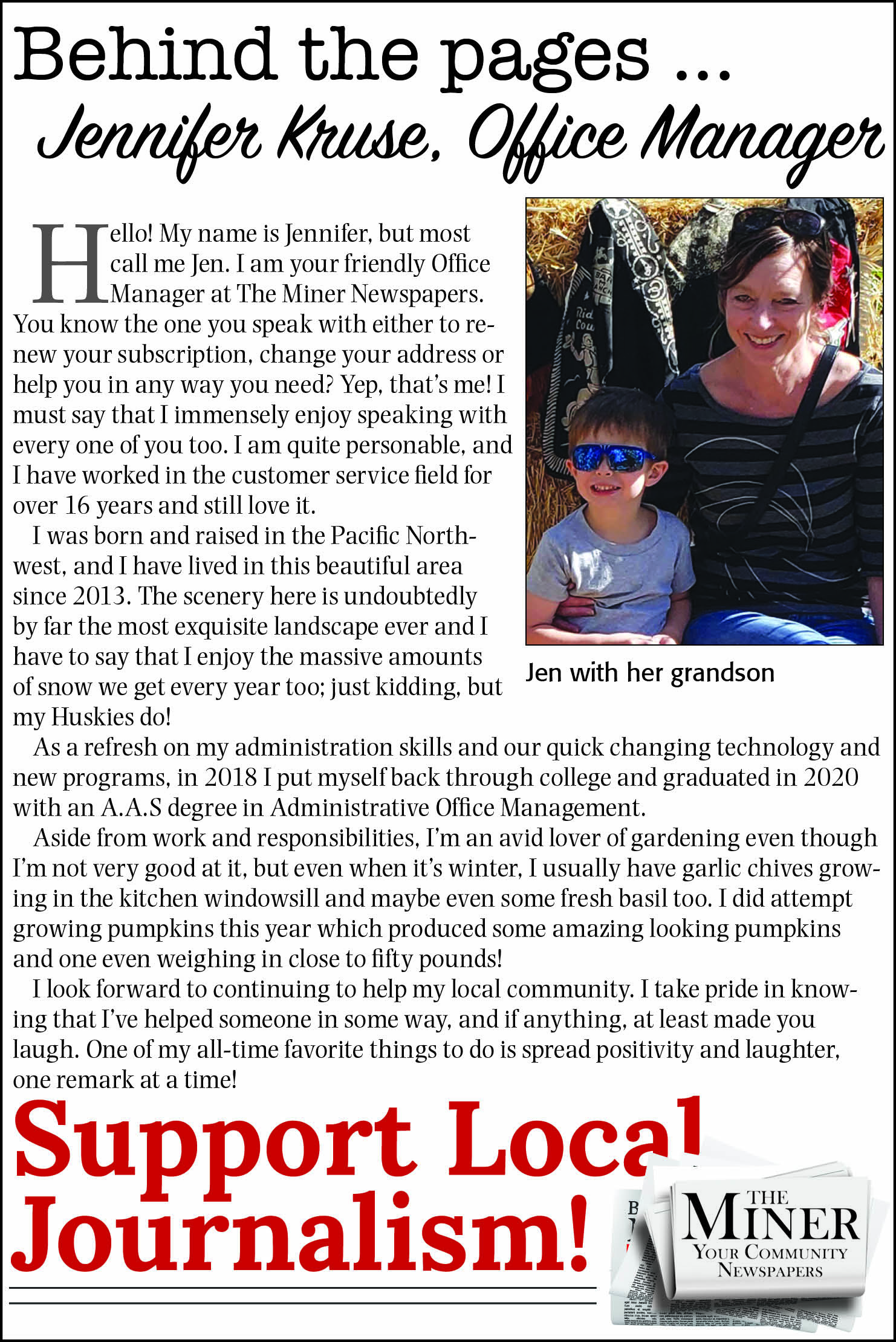How to spot and stop Medicare scam attempts
BOISE – Rose contacted Senior Medicare Patrol recently to report being a scam victim. She explained the calls started about two weeks ago. At first it was one or two, but soon she was getting 10 or more a day starting at 5 a.m. Each call started about the same. She would answer and the caller would say something like: “This is Shelly. I’m a Medicare advisor calling on a recorded line. How are you today? I am just calling today to make sure you won’t be stuck without medical coverage. Medicare is sending out new cards, plastic this time, and I want to make sure you get yours so you don’t have an interruption in your health insurance coverage. Can I just verify some information?”
At first Rose was diligent and hung up each call without giving out information, but on this particular day she had just been to her doctor and was now scheduled for a surgical procedure. She was nervous about the procedure and about the cost. The caller caught her at just the right time. Rose did what she knew she shouldn’t do. She gave the caller her Medicare number and her date of birth, and even her doctor’s name. Now she was really afraid of what this person might do with her information.
This is not a pretend scenario. This happens to people every day. The good news is that there are things you can do to protect yourself and avoid falling prey to these manipulative tactics.
What happens with a Medicare scam?
Criminals pretend to be calling from Medicare or another known organization or government agency.
They try to gain the trust of the person they’re calling so they can trick them into sharing their Medicare or Social Security Number. This information is valuable to criminals because they can use it to commit identity theft. Scammers use stolen information to submit fake Medicare claims using the beneficiary’s name and ID.
When Medicare pays for these false claims, the criminals make a lot of money. Over the course of six months, in some cases, criminals using just one person’s information were paid more than $30,000 for catheters that beneficiaries did not need, order or receive.
One more layer to this well devised con is that scammers “spoof” the number that appears on the recipient’s caller ID so the incoming call appears to be from Medicare or the agency they are pretending to be calling from. Spoofing is a common tactic used to make the call seem to be coming from a local number or even from the actual number of a government agency like Medicare. It can be hard to tell if an incoming call is spoofed.
What you can do to avoid being becoming a victim of a scam caller
Don’t answer calls from unknown numbers. Let the call go to voicemail. You may want to let friends and family know you are screening your calls so they may want to leave a message.
Be very careful about responding to ANY request for personal identifying information.
If you answer and the caller – or a recording – asks you to hit a button to stop getting the calls, just hang up. Scammers use this trick to identify potential targets.
If you answer and it’s not who you expected, don’t hang on, hang up
Never assume an unexpected call is legitimate. Hang up and call back using a number you can verify on a bill, a statement or an official website.
Be suspicious. Con artists can be very convincing: They may ask innocuous questions, or sound threatening or sometimes seem too good to be true.
Don’t give out personal information like account numbers, Social Security numbers or passwords, or answer security questions.
Ask your phone company about call blocking tools for landlines or apps for mobile devices.
Report spoofing scams to law enforcement, the FCC and the FTC.
If you or someone you know is a victim of Medicare fraud, noticed suspicious claims on their health insurance, or had their personal information stolen, submit a fraud report to the Washington State Senior Medicare Patrol or call 1-800-562-6900. Ask to speak with SHIBA, Washington state’s Senior Medicare Patrol.
.png)













